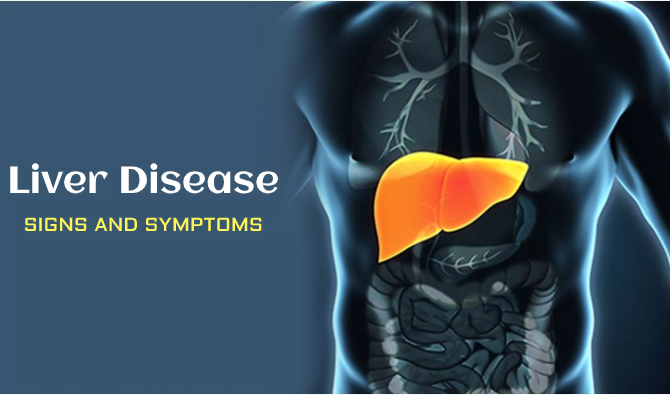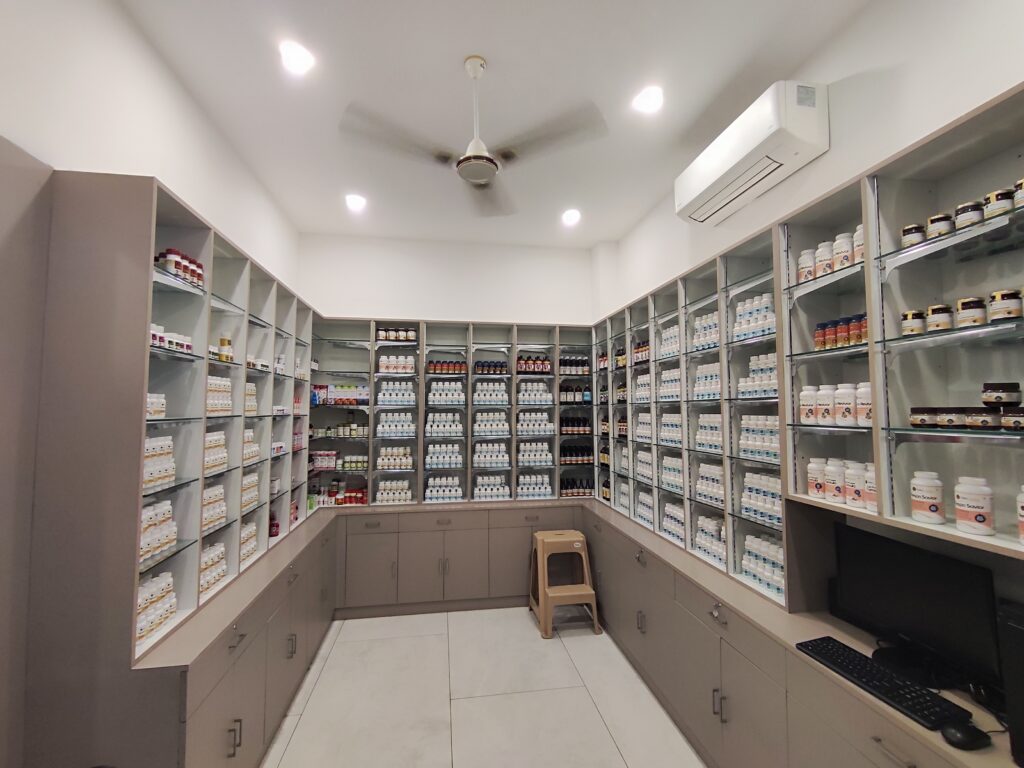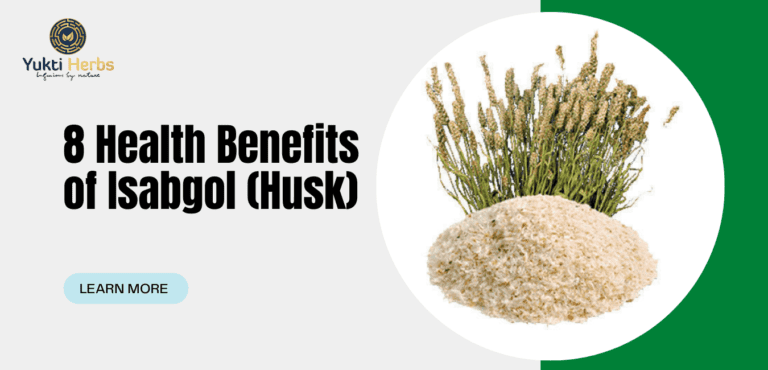Psyllium husk, commonly known as Isabgol, is a dietary fiber that is derived from the seeds of a plant called Plantago ovata. The long and narrow leaves of the plant provide soluble and insoluble fibers in ratio of 70:30. It helps in increasing stool and promoting purgation. The word “Isabgol” comes from ancient Sanskrit words ‘asp’ and ‘ghol’, which when combined mean – horse flower. It is commonly used for weight loss and clearing out toxic wastes from your digestive tract.
Benefits of Isabgol Use
- Constipation – It helps soften stools. It works best with plenty of water intake.
- Cholesterol– It helps in the formation of a thin layer inside the walls of the intestines that stops the absorption of cholesterol from food particles.
- Diarrhea– It acts as a water-absorbing agent, adding bulk to the stool and slowing down passage through the colon.
- Digestion– It clears the passage for the movement of food particles and thus keeps your intestines free from blockage.
- Acidity-It stops your stomach lines from becoming acidic.
- Blood Sugar– Psyllium contains gelatin, slowing down the breakdown process of glucose in your body. Reduced glucose breakdown releases less sugar in your bloodstream, controlling your overall blood sugar in the body.
- Bloating– It helps in cleansing the digestive tracts and hence, prevents water retention and bloating.
- Weight Loss– It curbs your appetite and helps in weight loss. It increases the satiety levels of your food cravings and lowers overall food intake.
Synonyms of Isabgol
It is also known as Isapghula, Ashwagol, Psyllium husk, spongel seeds, ashwakarna, Sheetabeeja.
Habitat
Its natural habitat is in the Central Asian region, Mediterranean region and the North African region. It is found mainly in temperate regions and tropical regions. It requires light, marginal, drained, sandy loam to loamy soils for growth. The ideal pH of the soil ranges from 7 to 8. Psyllium grows up to 18 inches in height. The leaves are opposite, linear and 3 to 9 inches long. The flower stalk of this plant is cylindrical and oval in shape.
Isabgol Parts used
The seed husk of psyllium or Isabgolis widely used for relief from constipation.
Medical properties of Isabgol
It contains amino acids- valine, glutamic acid, glycine, cysteine, alanine, lysine and leucine and tyrosine. A mucilage containing a mixture of Xylose, Arabinose and Galacturonic acid is present in It. Anti-bacterial component, Aucubin, is also present in it. The seeds coat also has fatty acids, oleic and palmitic acid.
Ayurvedic Properties and Effect on Vata, Pitta, Kapha Doshas
Constipation is caused due to Vata and Pitta Dosha imbalance. The Vata and Pitta are aggravated by consuming junk food, having excessive tea or coffee, stress, anxiety and depression. Vata and Pitta Dosha results in constipation leading to Hemorrhoids (Piles), Fistula and fissures. Isabgol controls excessive Vata and Pitta Doshadue to its sweet taste and cold quality.
Isabgol Uses and Benefits
- It relieves constipation as it contains high amount of dietary fiber.
- It adds bulk to the stool and makes it easy to pass as it absorbs and retains water.
- It helps to manage hemorrhoids, which are a result of chronic constipation.
- It lowers cholesterol by forming a layer inside your intestine lining.
- It controls obesity –as this is rich in fiber and removes toxins from the body and intestines and thus helps to manage high levels of cholesterol.
- It helps in Irritable Bowel Syndrome- It adds volumes to the stools as well as absorbs the extra amount of water from your body which facilitates easy passage of stool.
- It relieves hyperacidity by adding an extra lining to your inner stomach walls.
- It helps with ulcerative colitis. Psyllium adds volume to the stool and absorbs extra water from bowels making the stools heavy and controls the frequency of motion. It controls the inflammation of the intestine due to its potent nature.
- It soothes hypersensitive skin when used with honey and rose water.
Isabgol Dosage
2 teaspoons of Isabgol or the pulverized form of husk must be taken twice daily with hot milk or lukewarm water. It may also be taken with curd.
Isabgol Contradiction
- Excessive intake of Isabgol can cause the slowing down digestion leading to the loss of appetite and dyspepsia.
- Pregnant and lactating women should avoid the intake of Isabgol.
- Consuming Isabgol without adequate water can lead to choking. Always take plenty of water while consuming Isabgol.
Side effects of Isabgol
Isabgol is, by and large, a safe Ayurvedic medicine for all adults. There have been no reported side effects of Isabgol. when taken as per the recommended dosage.
Conclusion
Isabgol, being a natural laxative, is safe to be consumed by patients suffering from constipation.












[…] Isabgol (Husk) use has benefits for Constipation, Cholesterol, Diarrhea, and many others. Checkout Isabgol Ayurvedic Properties' Uses and Benefits […]